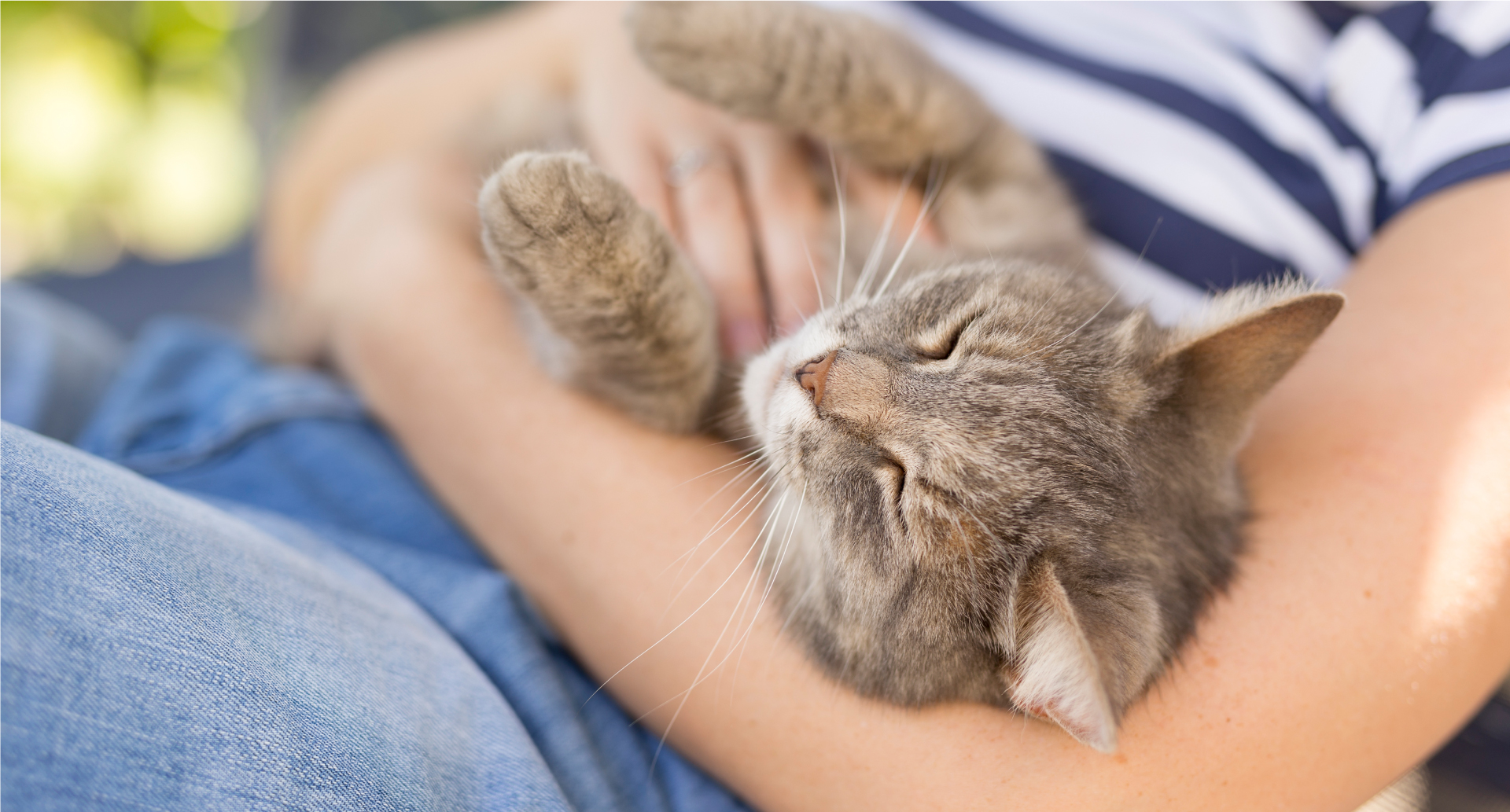According to research conducted by the Animal Medicines Authority, Australia’s pet population increased significantly during the COVID-19 pandemic. There is no denying the importance of animals in our lives. But what makes this relationship so special?
Humans have been living with domestic animals for thousands of years. Unsurprisingly, dogs are our most ancient companions, thought to have been by our sides for up to 100,000 years, and our feline overlords have been served by us for at least 9,000 years! During the COVID-19 pandemic, pet ownership in Australia increased from 61% in 2019 to 69% in 2021.
The rise of remote working or the social impact of the pandemic may have contributed to this trend, with studies showing that pets have a significant role in our lives during times of uncertainty.
Touching our hearts in more ways than one
The impact of animal companions on cardiovascular health was first recognised in the early 1980s. A recent meta-analysis showed that dog ownership appears to have the remarkable effect of reducing risk of cardiovascular death by 31%! Pets may help control and prevent high blood pressure (hypertension) as well as improve the prognosis of patients after strokes and myocardial infarction. Overall, dog ownership has even been associated with a lower risk of death potentially due to improved cardiovascular health.
Mental health impacts
It’s said that Sigmund Freud had a Chow Chow called Jofi who frequently sat in on therapy sessions. Jofi provided comfort for the infamous neurologist and psychoanalyst, as well as his patients. Animal Assisted Therapy (AAT) is used in a wide range of therapeutic and institutional settings today.
During the pandemic, the benefits of pets to mental health were even more apparent, with reports of pets helping people combat loneliness and provide them with a sense of purpose. Walking dogs also creates opportunities for new human-to-human social interactions which can be observed in any busy dog park. Although there is still more research to be done in the area, there are some studies that suggest that pet owners may be less depressed than people who don’t have a pet, especially when they have suffered a loss, such as that of a significant other.
Children and pets
Pets are often viewed as a part of growing up in Australia and families with children make up a large portion of pet owners. More than being a simple playmate and confidante, children with pets can gain a sense of responsibility and confidence through caring for their pets. Children with pets earlier in life may even have better emotional expression later in life.
Research conducted during the COVID-19 pandemic found that children with very strong attachments to pets are often likely to have higher levels of empathy, the flip side of which can be that these children may have a higher risk of anxiety. In some cases, pets may even replace children as an outlet for human nurturing instincts. Increasingly, pets are considered to be valued members of the family.
Pets and older people
The role of pets in the lives of the elderly is particularly significant. Having a role in caring for a pet may even help those with dementia through increased activity through walks, better cognitive function, and being less depressed than those with no role in caring for a pet. During the pandemic lockdowns, social and emotional connections were limited, especially for the elderly, and the positive impacts of having a companion pet during that difficult time have been reported. Touch is another important benefit of pets for everyone, but especially for the elderly during the pandemic, when physical distancing was imposed. Cuddling and patting pets provides comfort and enhances wellbeing. What makes it even better, is if our pets demand a pat or cuddle.
Pets and the homeless
Homelessness is a serious issue that faces a growing number of Australians. Mental illness, domestic violence and housing affordability are just some of the reasons for the increased numbers of people without suitable homes. It is possible that up to 8% of Australians are homeless. Isolation and mental illness are impacted by homelessness, two factors that can be influenced positively in those who have pets. Pets may provide people with a sense of purpose as well as decrease loneliness and depression. Being homeless and having pets isn’t without its challenges however, and pets can become a barrier to finding accommodation and accessing transport. A University of Melbourne report found that homeless Australians only have 14 meals a week. A pet is another mouth to feed which can cause additional stress to the homeless with pets. Access to veterinary care can also cause a challenge where there is limited income and access to transport.
We owe them everything
While insights and information about the complex and wonderful relationships we have with our pets continue to grow, one thing we can safely say is that pets enrich our lives in more ways than one. Our pets are completely vulnerable and dependent on us for everything from shelter, nutrition, entertainment, mental stimulation, veterinary care, safety and love. While they love us unconditionally and provide us boundless joy, we owe them the very best in care. We have a lot to learn from our pets and through better understanding, we can help create a better world for both pets and people.
Pet insurance can help by covering a portion of the eligible vet bill if the unexpected happens. Because it is difficult to predict the costs of veterinary care, it can help to have measures in place to help prepare for the unexpected. Check out our partner network and explore our policy tools to find a pet insurance policy.
Not all conditions or items are covered by Pet Insurance. Refer to the applicable Product Disclosure Statement for information about coverage and exclusions.



 Fact checked
Fact checked





